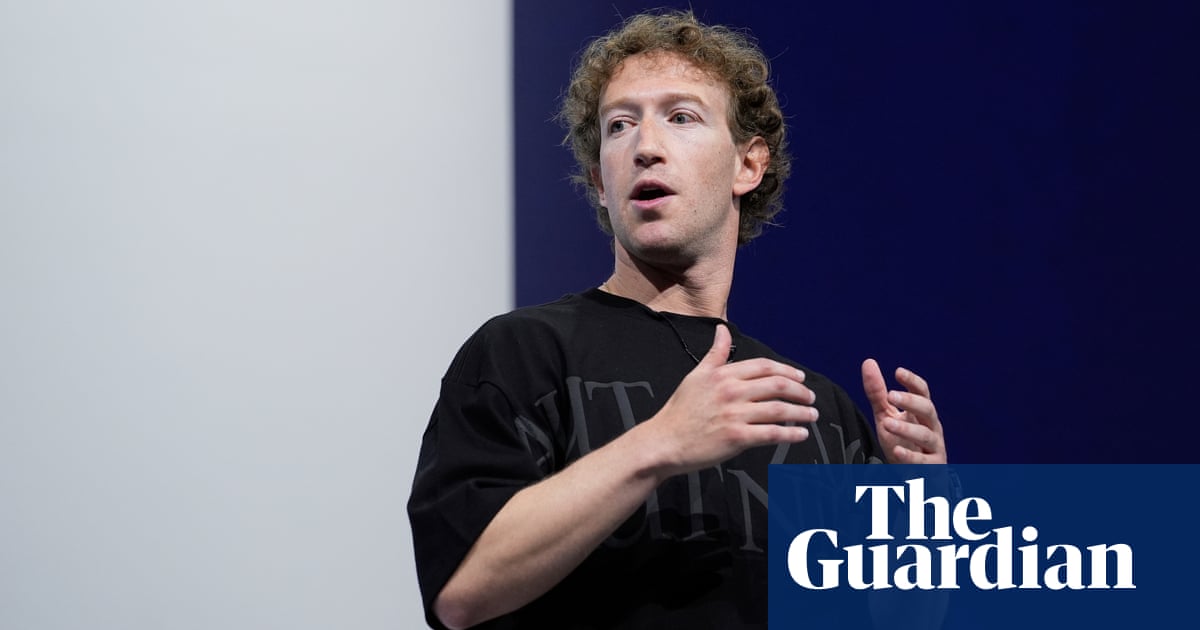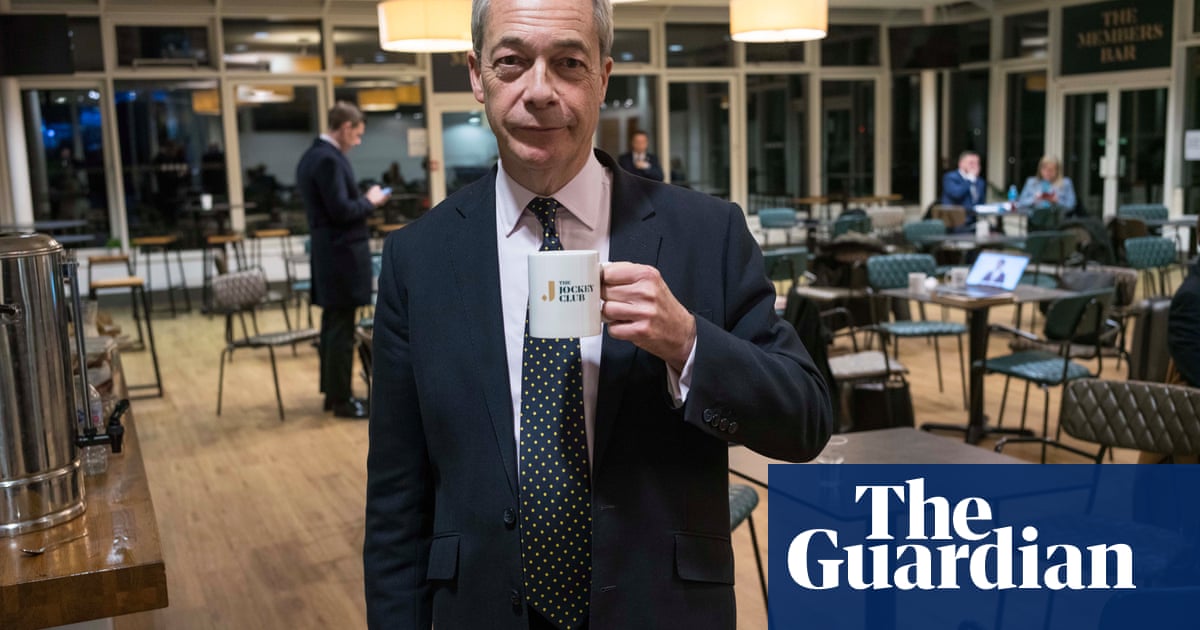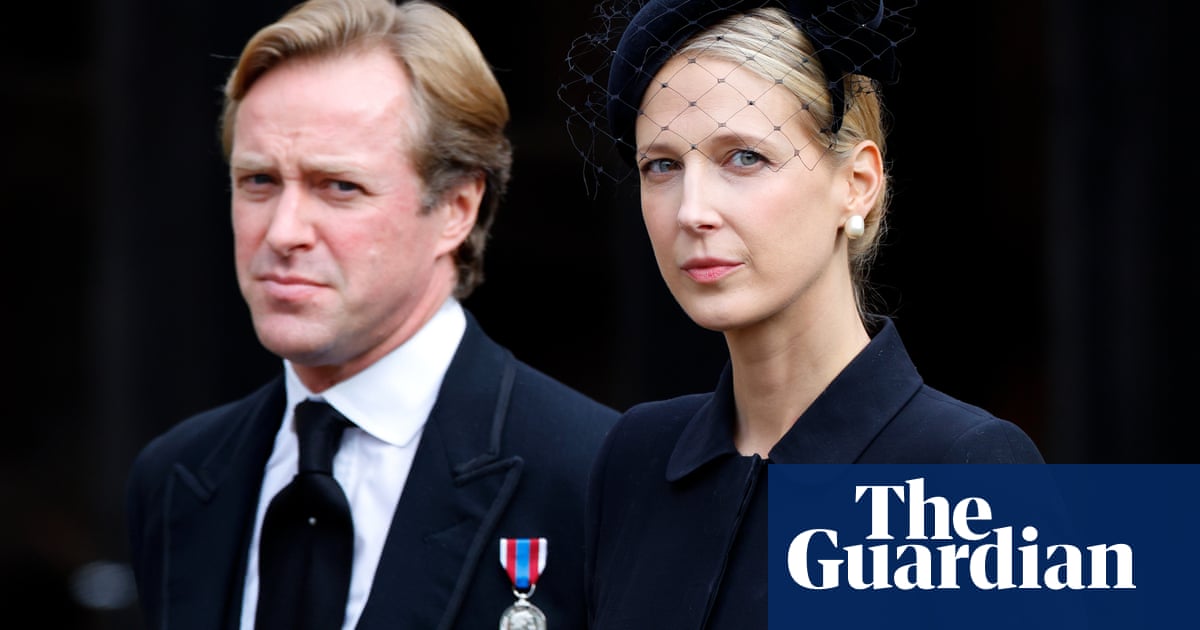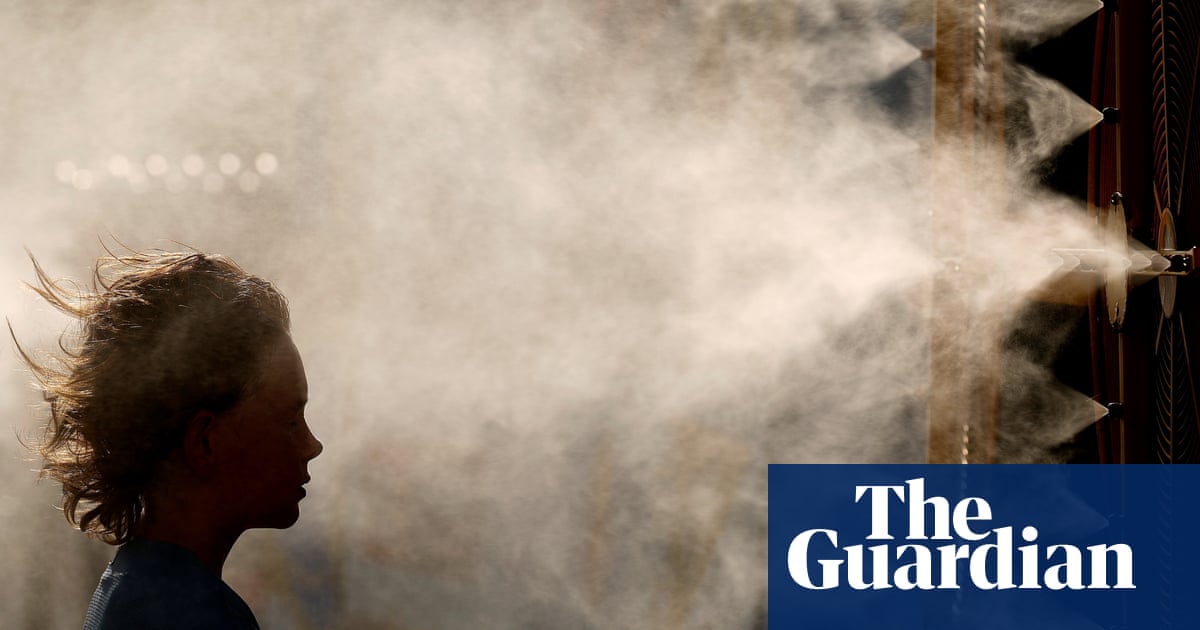Rachel Reeves 'not satisfied' with GDP figures as Tories label 0.1% growth 'disappointing'
Chancellor Rachel Reeves has says she is not satisfied with the latest GDP figures, which shadow chancellor Mel Stride also described this morning as “disappointing”.
The UK economy slowed to a near-standstill in the third quarter as uncertainty surrounding Labour’s first budget and high interest rates weighed on business and consumer spending.
Reeves said: “Improving economic growth is at the heart of everything I am seeking to achieve, which is why I am not satisfied with these numbers.”
She added:
At my budget, I took the difficult choices to fix the foundations and stabilise our public finances. Now we are going to deliver growth through investment and reform to create more jobs and more money in people’s pockets, get the NHS back on its feet, rebuild Britain and secure our borders in a decade of national renewal.
Shadow chancellor Mel Stride said on Sky News that the numbers were “extremely disappointing,” and blamed the Labour government which took power a few days into the third quarter. Pointing out that growth in the US was much higher, Stride said:
I think a lot of that is because this government, on coming to office, talked down the UK economy.
And it did that because it always planned to jack up taxes in the way that it has in the budget, and wanted to make out there was a bigger problem than there was.
We heard about all this fictitious black hole and so on. We’re seeing the consequences of that.
Key events Show key events only Please turn on JavaScript to use this feature
My colleague Pippa Crerar, our political editor, has made this observation about today’s GDP figures, saying they are “a blow” to the chancellor.
Crerar writes:
Uncertainty around Labour’s first budget and high interest rates played their part, but [the GDP figures are] still a blow for Rachel Reeves, as [it] underlines difficulty of reaching her ambitious growth target.
Some in Labour want to recalibrate economic focus away from growth and towards cost of living ie “will people feel better off by time of next election?”
Crerar goes on to say that this will not be an “easy task” either, noting that the OBR has forecast real household disposable income per person will drop for the next two financial years.
Lib Dem call for government to u-turn over £3 bus fare cap extension in England
The Liberal Democrats are campaigning today about the Labour government decision to extend the England bus fare cap for another year, but to raise the cap 50% from a maximum from £2 to £3.
Transport spokesperson Paul Kohler told listeners of Times Radio that the government could easily find the money to keep the cap at £2, saying:
The costs are pretty marginal. We could easily fund that by reversing the Tory tax cut on banks, or by taxing social media companies properly. And most importantly, we need to grow the economy.
He suggested that the rise from £2 to £3 would have a huge impact on people, saying:
We are talking about a 50% increase in costs. So if you use a bus going to work every day in a rural area, it’s adding £600 a year to your costs. And remember, the most vulnerable in society use buses. They are the people who suffer from this.
He said ultimately the move would harm growth, suggesting that one in five people had said the raise would decrease their bus usage for social and hospitality reasons.
“Each of these marginal costs make growing the economy more difficult,” he said.
Nigel Huddleston, the MP for Droitwich and Evesham, who was recently appointed as co-chairman of the Conservative party, has added his words to reaction to today’s weak GDP figures.
He said on social media that he agreed with Mel Stride’s interpretation, and that they reflected weak business confidence in the new government.
This Labour government has done nothing but trash talk the British economy, British business, and British workers since coming to power – and then topped it off with the most ant-business budget in decades. The inevitable result: slower growth.
Mims Davies, who is the Tory shadow minister for women and equalities, also expressed concern at the numbers. The MP for East Grinstead and Uckfield said:
Unfortunately the nerves and angst post-budget don’t bode well either. The Labour budget of broken promises also disproportionately affects women’s employment, female led small businesses and impacts single parents opportunities.
This is a must do better moment for this feeble Government – for our economy – as we all simply can’t afford Labour and our public services will suffer if we buckle under low growth and out of control borrowing.
Since Q1 in 2022, the highest level of growth recorded for the UK by the ONS was 0.7% (twice, in Q1 2022 and in Q1 2024), and at its lowest growth was -0.3%, which essentially suggests that post-pandemic, the economy has for the last nearly three years been bouncing around at near stagnation levels, including two quarters of recession under the Tories at the end of 2023.
Prime minister Keir Starmer is expected to be in Wales today as the Welsh Labour conference gets under way in Llandudno.

Heather Stewart
My colleague Heather Stewart has this analysis of today’s GDP figures:
Few could have expected Labour to kickstart an economic renaissance from day one, despite its “mission” to deliver the highest sustained growth in the G7.
But the data will worry the Treasury for two reasons: first, it shows the scale of the challenge ahead; and second, it raises the question of whether the grim mood deliberately created over the summer dented confidence and held back growth.
Of course, many of Labour’s plans for triggering growth are long term, involving knotty structural problems such as planning and infrastructure. And growth had always been expected to slow, after bouncing back strongly from last year’s brief recession to expand by 0.7% in the first quarter of the year, and 0.5% in the second quarter.
But some business groups and analysts were quick to point the finger at the government.
You can read more of Heather Stewart’s analysis here: Few expected Britain to boom but the GDP figures will worry the Treasury
Lib Dems: GDP figures show 'scale of challenge' after 'years of reckless mismanagement' by Tories
In their reaction to the GDP figures this morning, the Liberal Democrats have said they show the “scale of the challenge” after “years of reckless mismanagement” by the Tories.
The UK economy slowed to a near-standstill, growing by just 0.1% in the third quarter of the year, down from 0.5% in the second quarter.
Treasury spokesperson Daisy Cooper said:
Today’s disappointing figures underline the scale of the challenge facing our economy after years of reckless mismanagement by the previous Conservative government.
After a budget promising to deliver little by way of growth and an unfair tax on small businesses, we need to see a real growth plan from the government.
These additional taxes could be the final nail in the coffin for the many small businesses that are already struggling. It’s the last thing our economy needs to get it out of the slow lane.
The government did not put anybody up in the media round this morning in order to defend the weak GDP figures, but recently appointed Conservative shadow chancellor Mel Stride was across the airwaves to react to them.
He said he had concerns about growth going forward after seeing the figures. He told viewers of Sky News:
If you look at the OBR forecast around the budget, it shows growth being lower across that forecast than it would have been under us back in the spring.
The Conservatives have enjoyed a testy relationship with the OBR in recent months, with former chancellor and shadow chancellor Jeremy Hunt protesting it had been acting in a political manner by scrutinising his figures and the timing of publishing its report on them. After Rachel Reeves’ budget its verdict was that her decisions unlikely to increase economic growth over the next five years.
Stride said that despite these GDP figures including a brief period when the Tories were in government, they fully reflected business sentiment about the incoming Labour administration. He said:
We saw that in what are called PMI surveys of business confidence, and they pretty much plummeted not long after the government came into office. And I think some of that, at least, is what you’re seeing feeding through.
But I think the longer term is equally worrying, because, of course, what the government has done is ramped up taxes on business, national insurance, that’s going to depress wages, increase unemployment, it’s going to lower growth. You’re going to see higher inflation as a consequence, and higher interest rates. And these are things that are not good as an outlook for the future
Today’s GDP report shows that the UK is sitting towards the bottom of the G7 for growth over the summer.
Rachel Reeves 'not satisfied' with GDP figures as Tories label 0.1% growth 'disappointing'
Chancellor Rachel Reeves has says she is not satisfied with the latest GDP figures, which shadow chancellor Mel Stride also described this morning as “disappointing”.
The UK economy slowed to a near-standstill in the third quarter as uncertainty surrounding Labour’s first budget and high interest rates weighed on business and consumer spending.
Reeves said: “Improving economic growth is at the heart of everything I am seeking to achieve, which is why I am not satisfied with these numbers.”
She added:
At my budget, I took the difficult choices to fix the foundations and stabilise our public finances. Now we are going to deliver growth through investment and reform to create more jobs and more money in people’s pockets, get the NHS back on its feet, rebuild Britain and secure our borders in a decade of national renewal.
Shadow chancellor Mel Stride said on Sky News that the numbers were “extremely disappointing,” and blamed the Labour government which took power a few days into the third quarter. Pointing out that growth in the US was much higher, Stride said:
I think a lot of that is because this government, on coming to office, talked down the UK economy.
And it did that because it always planned to jack up taxes in the way that it has in the budget, and wanted to make out there was a bigger problem than there was.
We heard about all this fictitious black hole and so on. We’re seeing the consequences of that.
Welcome and opening summary …
Good morning and welcome to our UK politics coverage for Friday. Here are your headlines …
-
The UK economy slowed to a near-standstill with growth of just 0.1% in the third quarter of the year as uncertainty surrounding Labour’s first budget and high interest rates weighed on business and consumer spending
-
Chancellor Rachel Reeves said: “Improving economic growth is at the heart of everything I am seeking to achieve, which is why I am not satisfied with these numbers”
-
Shadow chancellor Mel Stride has been on the media round, describing the figures, which do partly cover a brief period when his party were still in government, as “disappointing”
-
The Bank of England governor Andrew Bailey has urged ministers to “rebuild relations” with the EU, warning that Brexit has undermined the UK’s economy
-
Leading Tories Robert Jenrick and Oliver Dowden were on the committee that backed plans for the “rushed and misjudged” £15m purchase of an asbestos-ridden site for asylum accommodation
-
The Liberal Democrats are campaigning about bus fares in England. Ed Davey is expected to do a bus-driving stunt later today
The Lords are sitting today, but there is no business in any of the devolved parliaments or assemblies.
It is Martin Belam with you this Friday. The best way to get in touch is email – [email protected].

.png) 1 month ago
15
1 month ago
15













































